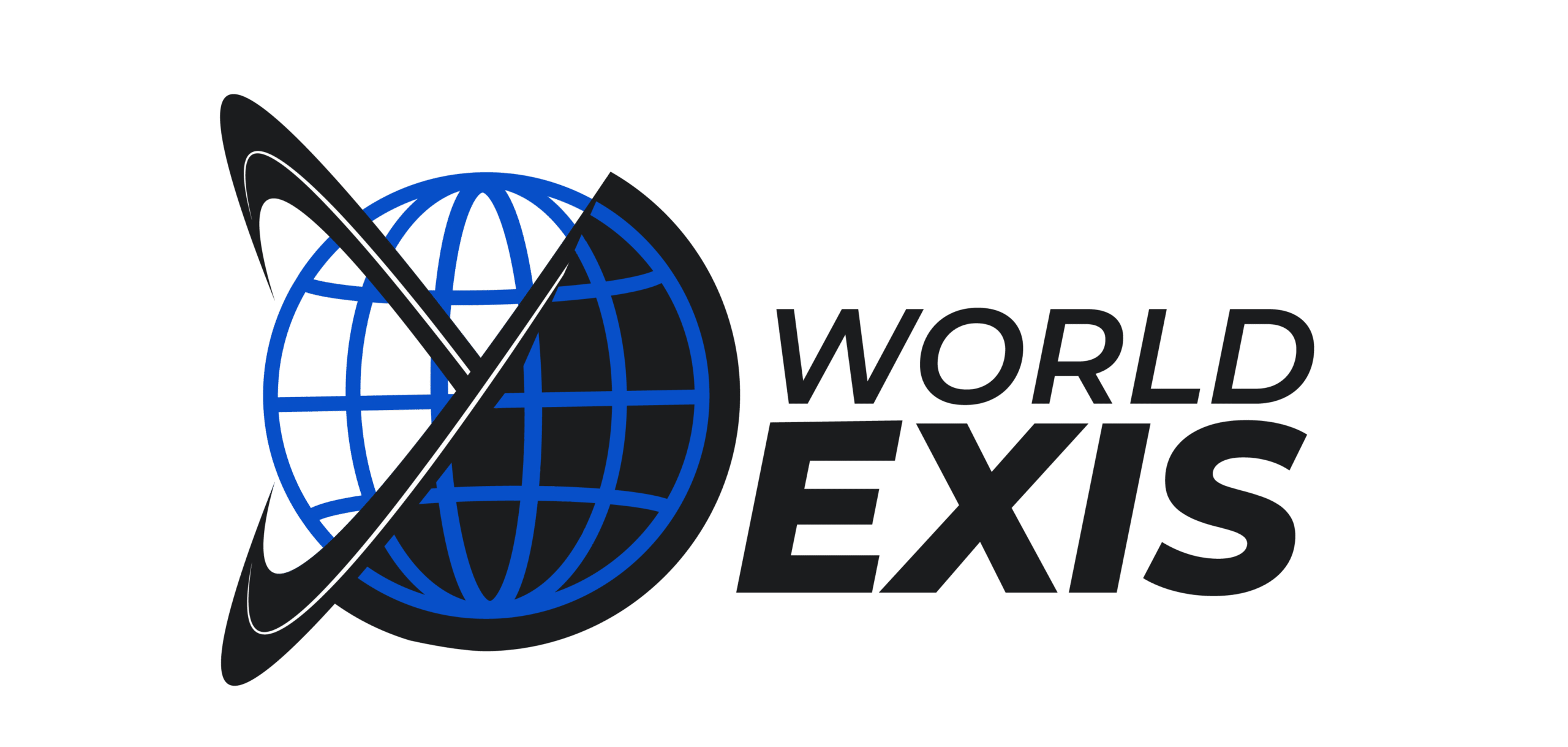In a world that increasingly feels unpredictable, the human desire for certainty remains a powerful, often unconscious, driving force. We meticulously plan, analyze, and strategize, striving to exert influence over outcomes, often seeking solace in the belief that we can dictate our destinies. Yet, beneath this veneer of meticulous planning lies a profound psychological phenomenon: the illusion of control. This isn’t merely a philosophical musing; it’s a deeply ingrained cognitive bias that shapes our perceptions, influences our decisions, and profoundly impacts our well-being in an ever-shifting global landscape.
- Understanding the Illusion of Control: A Deep Dive into Human Psychology
- The Allure and Perils of Perceived Control
- Uncertainty as the New Constant: Navigating a Volatile World
- The Accelerating Pace of Change
- The Psychological Impact of Chronic Uncertainty
- Shifting Our Paradigm: From Prediction to Preparedness
- Embracing Adaptability: The Antidote to Rigidity
From ancient rituals designed to appease unpredictable gods to modern data analytics promising predictive power, humanity has ceaselessly sought to tame the wild beast of uncertainty. But what happens when the illusion shatters, revealing the vast expanse of what lies beyond our grasp? How do we reconcile our innate need for order with the undeniable chaos of existence? This comprehensive exploration delves into the intricate psychology behind the illusion of control, examining its origins, its allure, and its inherent limitations. We will uncover how embracing uncertainty, rather than resisting it, can unlock unparalleled resilience, foster genuine adaptability, and ultimately lead to a more profound and authentic engagement with life’s rich tapestry. Prepare to challenge your assumptions and discover powerful strategies for navigating a complex world, not by grasping for control, but by cultivating wisdom and inner strength.

Understanding the Illusion of Control: A Deep Dive into Human Psychology
The illusion of control is a well-documented cognitive bias wherein individuals overestimate their ability to influence events, even when they have no objective control over them. It’s the belief that our actions, thoughts, or even superstitions can somehow bend reality to our will. This phenomenon is not a sign of delusion but a fundamental aspect of human psychology, serving various adaptive, yet sometimes maladaptive, functions.

The Psychological Roots of Perceived Control
Why do we cling so fiercely to this illusion? The answer lies deep within our evolutionary history and cognitive architecture. Our brains are wired to seek patterns, predict outcomes, and maintain a sense of agency. This drive for perceived control is a powerful motivator, essential for survival and goal attainment. Without a belief that our efforts matter, motivation dwindles, leading to inaction and despair.
- Evolutionary Advantage: Early humans who felt some control over their environment (e.g., hunting strategies, shelter building) were more likely to survive and reproduce. This hardwired a preference for agency.
- Coping Mechanism: In the face of overwhelming odds or existential threats, believing we have some sway can reduce anxiety and stress, providing psychological comfort.
- Cognitive Biases at Play: The illusion of control is often intertwined with other biases:
- Confirmation Bias: We tend to seek out and interpret information that confirms our existing beliefs, including our belief in our own efficacy.
- Optimism Bias: We often overestimate the likelihood of positive events and underestimate the likelihood of negative ones, especially concerning ourselves.
- Fundamental Attribution Error: We attribute others’ misfortunes to their internal traits but our own to external circumstances, while attributing our successes to our own abilities.
- Superstitions and Rituals: From wearing a “lucky” shirt to performing specific pre-game routines, these behaviors are often attempts to exert control over unpredictable events.
- Over-Preparation: While preparation is prudent, excessive or obsessive planning for every conceivable contingency can be a symptom of trying to control the uncontrollable.
- “Backseat Driving”: The passenger who instinctively brakes or swerves, despite having no physical control over the vehicle, demonstrates this innate urge.
- Risk Assessment: We often underestimate the risks of activities we feel we control (e.g., driving) while overestimating those we don’t (e.g., flying), despite statistical evidence.
- Reduced Anxiety and Stress: Knowing what to expect and believing we can influence it lowers our physiological stress response.
- Increased Self-Efficacy: A belief in our ability to achieve goals fosters confidence and motivation.
- Sense of Purpose: Control over our actions and their perceived outcomes gives life meaning and direction.
- Avoidance of Helplessness: The opposite of control is helplessness, a state deeply aversive to most individuals. We actively try to avoid feeling powerless.
- Increased Stress and Anxiety: When reality inevitably deviates from our meticulously controlled plans, the discrepancy can cause immense frustration, stress, and anxiety. The more we try to control the uncontrollable, the more we suffer.
- Burnout and Exhaustion: Constantly fighting against external forces or trying to manage every variable leads to mental and emotional exhaustion. It’s an unsustainable battle.
- Rigidity and Inflexibility: An unwavering belief in one’s ability to control outcomes can make individuals resistant to new information, alternative perspectives, or necessary changes. This rigidity stifles growth and adaptability.
- Blame and Resentment: When things go wrong, those overly attached to control may blame themselves excessively or project blame onto others, rather than accepting the role of chance or external factors.
- Missed Opportunities: By focusing solely on pre-determined outcomes, we might overlook emergent possibilities or creative solutions that arise from unexpected circumstances.
- Reduced Empathy: A strong belief in personal control can sometimes lead to a “just world” fallacy, where individuals believe people get what they deserve, reducing empathy for those who experience misfortune.
- Technological Disruption: AI, automation, and biotechnology are transforming industries and job markets at an astonishing pace, making long-term career planning more complex.
- Global Interconnectedness: Economic crises in one region can ripple across the globe, and local events can have international consequences, demonstrating our intricate web of dependencies.
- Environmental Challenges: Climate change introduces unpredictable weather patterns, resource scarcity, and ecological shifts that impact communities worldwide.
- Social and Political Instability: Rapid shifts in societal norms, political landscapes, and geopolitical tensions create an environment of constant flux and potential disruption.
- Heightened Anxiety and Stress: The constant “what if” scenarios can lead to chronic activation of the fight-or-flight response, depleting mental reserves.
- Decision Paralysis: Faced with too many unknowns, individuals may become overwhelmed and unable to make choices, fearing the wrong move.
- Loss of Future Orientation: It can become difficult to plan for the long term when the future feels so opaque, leading to a sense of aimlessness.
- Erosion of Trust: Uncertainty can erode trust in institutions, leaders, and even one’s own judgment, fostering cynicism and isolation.
- Embrace Scenario Planning: Acknowledge that multiple futures are possible and prepare for a range of outcomes, rather than banking on a single, desired one.
- Cultivate Agility: Develop the capacity to pivot quickly, learn new skills, and adapt strategies as circumstances evolve.
- Develop Robust Support Systems: Build strong personal and professional networks that can provide assistance and perspective during turbulent times.
- Viewing Challenges as Opportunities: Instead of seeing setbacks as failures, a growth mindset frames them as learning experiences or chances to develop new skills.
- Learning from Feedback: Openness to feedback, even when critical, is vital for adjusting strategies and improving performance.
- Persistence and Effort: Understanding that mastery comes through sustained effort, even in the face of obstacles, rather than innate talent.
- Reducing Rumination: Mindfulness practices (like meditation or focused breathing) train the mind to observe thoughts and feelings without judgment, reducing the tendency to ruminate on uncontrollable future scenarios.
- Enhanced Emotional Regulation: By being present, we can better identify and manage

Manifestations in Everyday Life
The illusion of control isn’t confined to grand existential questions; it permeates our daily lives in subtle yet profound ways. Consider the gambler who believes their ritualistic dice roll will influence the outcome, or the investor convinced their “gut feeling” will outperform market analytics.
Key Takeaway: Understanding the illusion of control is the first step towards a more realistic and ultimately empowering relationship with uncertainty. It allows us to recognize when we are expending energy on what cannot be influenced and redirect it towards what truly matters.

The Allure and Perils of Perceived Control
The human desire for perceived control is a double-edged sword. On one hand, it fuels ambition, innovation, and resilience. On the other, an unexamined attachment to this illusion can lead to significant psychological distress, missed opportunities, and a rigid inability to adapt to the fluid nature of reality.

Why We Crave Control: The Comfort of Predictability
Our brains are pattern-matching machines, constantly seeking order and predictability. A sense of control provides psychological stability, reducing the anxiety that naturally arises from uncertainty. This craving manifests in several ways:
This comfort is not inherently negative. It drives us to set goals, learn new skills, and strive for self-improvement. It’s the foundation of personal responsibility and proactive engagement with the world.
The Downside of Clinging to the Illusion
However, when the belief in control becomes an inflexible demand rather than a guiding principle, its perils emerge. An excessive attachment to the illusion of control can be detrimental to our mental health and overall effectiveness.
Case Study: The Over-Planner
Consider Sarah, a project manager who meticulously plans every detail of her projects, creating contingency plans for every imaginable setback. While her dedication is admirable, her refusal to delegate and her intense stress when even minor, unforeseen issues arise (like a supplier delay outside her control) illustrate the downside. Her team feels stifled, and Sarah herself is constantly on the verge of burnout, unable to accept that some variables are inherently external. Her desire for absolute control over the project’s success ultimately hinders her leadership and well-being.
Key Takeaway: The challenge lies in discerning what is genuinely within our sphere of influence and what is not. Releasing the need for absolute control over every outcome is not an act of surrender to apathy, but a strategic reallocation of mental and emotional resources towards what can truly be shaped.
Uncertainty as the New Constant: Navigating a Volatile World
The notion of a stable, predictable world is increasingly becoming a relic of the past. From rapid technological advancements to global pandemics, climate change, and geopolitical shifts, uncertainty is no longer an occasional visitor but a permanent resident in our collective and individual lives. Understanding this fundamental shift is crucial for developing effective coping mechanisms and flourishing in the modern era.
The Accelerating Pace of Change
The 21st century is characterized by unprecedented volatility, uncertainty, complexity, and ambiguity (VUCA). This environment challenges our ingrained desire for stability and predictability.
This constant state of flux means that traditional approaches to planning and problem-solving, which often assume a relatively stable future, are becoming less effective. The illusion of control becomes particularly dangerous in this context, as it can lead to denial, paralysis, or frantic, ineffective attempts to re-establish order.
The Psychological Impact of Chronic Uncertainty
Living with chronic uncertainty can take a significant toll on mental and emotional well-being. Our brains, wired for predictability, struggle to adapt to an environment where the rules are constantly changing.
Thought-Provoking Question: If the only constant is change, how can our understanding of “control” evolve to serve us better, rather than hinder us?
Shifting Our Paradigm: From Prediction to Preparedness
The key to navigating this new constant is not to fight uncertainty, but to fundamentally alter our relationship with it. Instead of striving for absolute prediction and control over external events, we must cultivate an internal locus of control over our responses and capabilities.
Focus on What You Can* Control: Redirect energy from worrying about what’s beyond your influence to mastering your reactions, skills, and immediate environment. This includes your daily habits, learning, and self-care.
Key Takeaway: The modern world demands a new kind of resilience – one that is not built on rigid plans, but on flexible mindsets and adaptable strategies. Accepting uncertainty as the new constant is not a sign of weakness, but a profound strength.
Embracing Adaptability: The Antidote to Rigidity
In a world defined by its inherent unpredictability, the most powerful tool we possess is not the ability to control external events, but the capacity to adapt to them. Embracing adaptability is the true antidote to the rigidity that an unexamined illusion of control can foster. It shifts our focus from trying to manipulate the external world to cultivating internal resilience and flexibility.
Cultivating a Growth Mindset in an Uncertain World
A growth mindset, as popularized by Carol Dweck, is crucial for adaptability. It’s the belief that our abilities and intelligence can be developed through dedication and hard work. In the context of uncertainty, this means:
For navigating a complex world, a growth mindset empowers us to see unexpected changes not as threats to our control, but as catalysts for personal and professional evolution. We become learners, not victims, of circumstance.
The Power of Mindfulness and Present Moment Awareness
Often, our anxiety about uncertainty stems from dwelling on past regrets or future worries. Mindfulness offers a powerful pathway to anchor ourselves in the present moment, where true agency resides.





